Best movies like Tage des Sturms
A unique, carefully handpicked, selection of the best movies like Tage des Sturms Starring Peter Sodann, Thekla Carola Wied, Wotan Wilke Möhring, Franziska Petri, and more. If you liked Tage des Sturms then you may also like: Westwind, Night Crossing, The Baader Meinhof Complex, Simon & the Oaks, The Legend of Rita and many more popular movies featured on this list. You can further filter the list even more or get a random selection from the list of similar movies, to make your selection even easier.
On June 17, 1953, there was an outrageous action between the Elbe and the Oder: the people in the GDR refused obedience to their political leadership. The story takes place in Bitterfeld and tells the story of a family involved in the political events around 17 June.
You may filter the list of movies on this page for a more refined, personalized selection of movies.
Still not sure what to watch click the recommend buttun below to get a movie recommendation selected from all the movies on this list
Night Crossing
Two men want to escape from East Germany (under Communist rule) but they will only go if they can take their families with them. Based on a true story.
The Baader Meinhof Complex
'Der Baader Meinhof Komplex' depicts the political turmoil in the period from 1967 to the bloody "Deutschen Herbst" in 1977. The movie approaches the events based on Stefan Aust's standard work on the Rote Armee Fraktion (RAF). The story centers on the leadership of the self named anti-fascist resistance to state violence: Andreas Baader, Ulrike Meinhof and Gudrun Ensslin.
Simon & the Oaks
Epic story about two families and their friendship and common destiny in Sweden's Gothenburg in the 1940s and 1950s. Told from the perspective of young Simon Larsson, who learns that he's an adopted child who has a Jewish father from Germany. After WWII Simon travels to explore his roots - a journey that leads to the basic mysteries of the human life. After the bestselling novel by Marianne Fredriksson.
The Legend of Rita
Rita Vogt is a radical West German terrorist who abandons the revolution and settles in East Germany with a new identity provided by the East German secret service. She lives in constant fear of having her cover blown, which unavoidably happens after the German re-unification.
Commune
In 1968, Elsa and Richard Marley founded an alternative-living community, named Black Bear, in the remote Northern California wilderness with the motto "Free Land for Free People." This film tells the story of that intended utopia. Through archival footage and interviews with former residents, director Jonathan Berman explores the problems and realities of communal living and the evolution of a community that endured FBI harassment, cult leadership and more.
Group Portrait with a Lady
The story follows the life of a regular German women Leni Gruyten during the 1930s and 1940s. Through her interactions with friends, family and other people she knows, the regular folks' perception of the Nazi era is shown.
In a Land That No Longer Exists
It's 1989 in East Berlin: Suzie is kicked out of school shortly before she graduates from high school and has to defend herself as a worker in the cable factory. However, a randomly taken photo leads them to the fashion world of the GDR. The editor-in-chief Elsa Wilbrodt put them on the cover of Sibylle, the fashion magazine of the GDR. In the Berlin underground scene she made the acquaintance of the gay fashion designer Rudi and the photographer Coyote. Suzie must decide if she's brave enough to leave the old strands behind forever.
Go Trabi Go
Family Struutz lives in Bitterfeld (GDR). After the fall of the wall, they take the opportunity to go on holiday with their car, an old Trabant. They simply want to visit Italy. But there are some incidents during their journey. (IMDb)
Balloon
Two families attempt a daredevil plan to escape the GDR with a homemade hot air balloon, but it crashes just before the border. The Stasi finds traces of this attempt to escape and immediately starts investigations, while the two families are forced to build a new escape balloon. With each passing day the Stasi is closer on their heels – a nerve-wracking race against time begins.
The Girl in the Lift
Frank, a tenth grade student, falls in love with his classmate Regine. His father is a well-connected plant manager in the GDR; Regine's mother is a single parent with four children. Regine wants to become a kindergarten teacher, but her grades are poor and she is not allowed to apply for technical college. Frank champions her and seeks an open discussion about these rigid regulations. But his criticism is nipped in the bud.
Salmonberries
A young orphaned woman, named Kotzebue, is trying to find out who her parents are in the icy landscapes of Alaska. Kotzebue is helped by an east-german librarian, whose husband was killed while fleeing from the GDR. Although both women could not be more different from each other, a fragile relationship forms.
To Kill a Priest
A young priest speaks out against the Communist regime in Poland and is killed for it.
The Love Rebellion
Young Wendy Fletcher accepts an invitation to a love-in from some artists who participate in group sex. They are all infatuated by her innocence and the entire group takes her to bed.
Ware für Katalonien
At the end of the 1950s, the production of optics in the German Democratic Republic has reached top quality and instigates interest in the West. When national demand rises strongly and at the same time the export to South America heavily decreases, the Volkspolizei - the GDR police force - starts to look into the case. Two seemingly unrelated cases are the starting point for the investigation by second lieutenant Schellenberg of the department for optics racketeering: An old woman who was arrested in the Berlin city railway for trying to smuggle a pair of binoculars to West Berlin, and a dead person in an area of allotments who was involved in obscure dealings with optical devices.
Meier
Meier, a paperhanger in East Berlin, inherits from his father in West Berlin. With this money he wants to fulfil himself the dream of his life: a journey around the world. He buys a forged West German passport and pretends to go on a trip to Bulgaria while he really is off to see the free world. When he wants to return to East Berlin he finds himself in an unbelievable predicament and his double life begins. He can't keep away from his East German friends. As with all the best comedies, the action builds up to an eventual crisis. It's a light comedy, which won several national Film Academy Awards. The film is very political, with lots of political jokes/innuendos which only Germans will understand. One is left feeling what a total obscenity that stupid Wall was, dividing one people for 30 years (1-2 Generations) simply by the coincidence on where you just happen to be in the early morning on the 13th August 1961.
Die Wahrheit über die Stasi
A satire on the political and spiritual conditions in GDR by the end of the 80s.
Bis dass der Tod uns scheidet
Podiak marriage are on vacation in a cruise. Suzanne, who is fed up of her husband mistreatment, decides to get out through overboard, leaving a goodbye lettre, but during her funeral her husband discover that she is not death.
Dear Thomas
Thomas Brasch was born as a German-Jewish emigrant in England in order to move to the young GDR with his family at the beginning of the 1950s. His father Horst is primarily interested in helping to build the new German state. But Thomas prefers to realize himself as a writer and in doing so discovers his potential as a poetic rebel. His very first play was banned and soon afterwards he lost his place at the film school. When the tanks of the Soviet Union roll through the Czech capital Prague in 1968, Brasch and his girlfriend Sanda and other students try to call for protest in the streets of Berlin - and fail. His own father betrays him to the Stasi and allows Thomas to go to prison. After being paroled, he continues to try his hand at poet writing about love, revolt and death. In the GDR, however, you don't want to have anything to do with someone like him.
Die Unbesiegbaren
The film "Die Unbesiegbaren" covers an episode in German history, in which the Bismarck government tried to mitigate the rise of the social-democrat movement.
The Red Cockatoo
A coming-of-age story set in Germany in the 1960s. Siggi becomes involved in a love triangle when he falls for Luise, but the tightening political climate forces him to make a fateful decision.
Shark Alarm at Müggel Lake
A lifeguard at Lake Müggel has his hand bitten off and the marks indicate a shark attack. The lake is closed to the public by extending a local festival indefinitely while the city council thinks of what can be done to remove the shark. The public becomes restless having their lake closed for so long and come up with a plan to drive the shark from the lake with large quantities of beer.
House on the Hill
Based on a true story, "House On The Hill" is a true crime melodrama with strong horror elements, chronicling the outrageous 1980s murder spree of serial killer Leonard Lake, who would target, kidnap, rob and kill people - and even whole families. Sonia, the only survivor of Lake's killing spree, teams up with a private investigator to help him locate a woman who disappeared into Lake's compound. In the process, Sonia recounts the horrors of the house, where Lake and his accomplice would force her to videotape the killings.
Reunification in the Ice: The Story of the Last GDR Antarctic Explorers
In 1989, thirteen GDR scientists and technicians set off from East Berlin to the Georg Forster research station in the Antarctic. During their expedition the Berlin Wall fell on November 9th. Cut off from the images that go around the world, the men can only experience the historical events passively. When they returned in the spring of 1991, their homeland was a foreign country. The documentary reconstructs the thoughts and feelings of the East German researchers on the basis of eyewitness accounts, diary excerpts, letters, film material, grandiose landscape shots from the location of the action and unique photos to make the consequences of the events tens of thousands of kilometers away on the small GDR expedition in the middle of the eternal ice tangible.
Diese Golzower - Umstandsbestimmung eines Ortes
Around the festival week for the 675th anniversary of Golzow for GDR television a portrait of the village, its landscape and agriculture in the past and present. In sketches also the parents' generation and the current state of affairs in the lives of some of our "children of Golzow".
Someday We’ll Tell Each Other Everything
An adaptation of Daniela Krien’s novel, this coming-of-age story set in the 1990s, amidst the last days of the GDR. The 17-year-old protagonist, Maria, lives on a farm with her boyfriend. One day, an older man moves into the neighbourhood. Maria and Henner start a love affair, which takes a tragic turn.
Berlin '36
Berlin 36 is a 2009 German film telling the fate of Jewish athlete Gretel Bergmann in the 1936 Summer Olympics. She was replaced by the Nazi regime by an athlete later discovered to be a man. The film is based on a true story and was released in Germany on September 10, 2009. Reporters at Der Spiegel challenged the historical basis for many of the events in the film, pointing to arrest records and medical examinations indicating German authorities did not learn Dora Ratjen was male until 1938.
Never Mind the Wall
Germany 1982: The country is divided into two parts. Nele, coming from West-Germany, travels to East-Germany where she meets Captain, singer of a band. They fall in love with each other, but the regime "takes care" of their relationship, meaning: They can not see each other again. Germany 1990: The country is reunited. Nele starts searching their lost love...
The Man with the Objective Lens
A humorous and satirical comedy, which places a man from the year 2222 one day in the (then) present day life in GDR, East Germany under Communist regime. Using a crystal for mind reading he uncovers some improprieties and moral weaknesses in the "Beautiful future" professed by VEB ("Volkseigener Betrieb" – "State Owned Holdings").
Coded Message for the Boss
Wolf Brandin is in his mid-twenties and lives with his wife and child in East Berlin at the end of the 1950s. In West Berlin, the student of electrical engineering is recruited by the American secret service CIA. But Brandin immediately notifies the State Security of the German Democratic Republic and from then on lives a dangerous life as a double agent. When Brandin reaches the breaking point, his marriage starts to unravel because Brandin is not allowed to tell his family about his double life.
Chronicle of a Summer
In the late fifties a large industrial complex was built near Schwedt, in the GDR. This low budget film tells about the voluntary participation of the brigades of the Freie Deutsche Jugend in the building up …
Jedes Jahr im Juni
Each year in June, Bavarian housewife Elke Richter visits family in Halle, in the GDR. There she meets family friend Gregor Pohl, a married carpenter, and they begin having an affair. After her family stops the annual visits due to the husband's promotion in the communist regime, the adulterous couple arranges to meet on other holidays. After Gorbachev's Glasnost leads to the fall of the Iron Curtain, everything changes, and Gregor chooses to emigrate to Canada.
From Hilde with Love
Berlin, 1942: it was the most beautiful summer for Hilde – madly in love with Hans and joyfully pregnant. But amid the passion there is grave danger. Hans becomes involved in the anti-Nazi resistance, with a group of young people who will later be called the “Red Orchestra”. Despite the huge risks, Hilde decides to get involved herself but is arrested by the Gestapo and gives birth to her son in prison. Now in a desperate situation, Hilde develops a quiet inspirational strength, but she only has a few months left with her son.









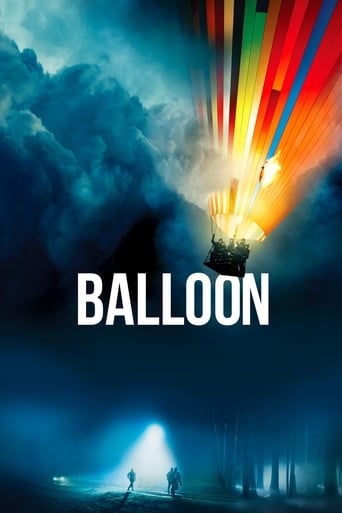

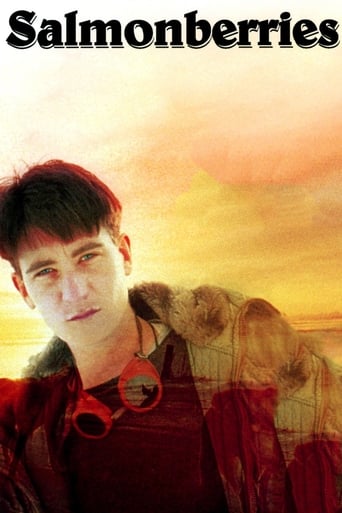
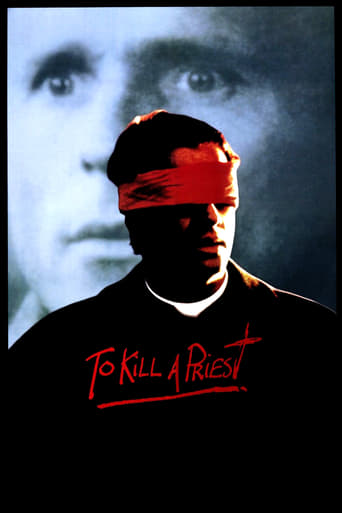




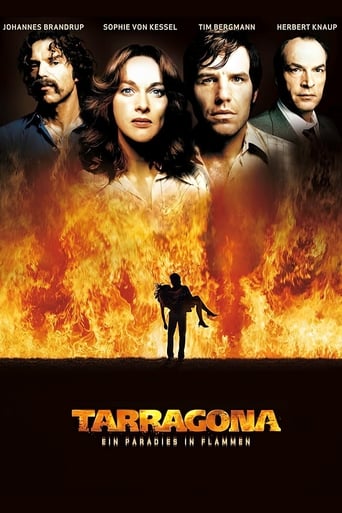


















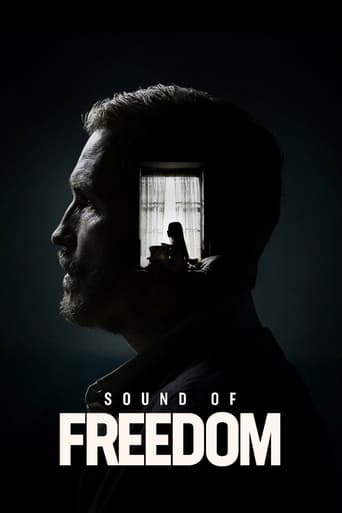
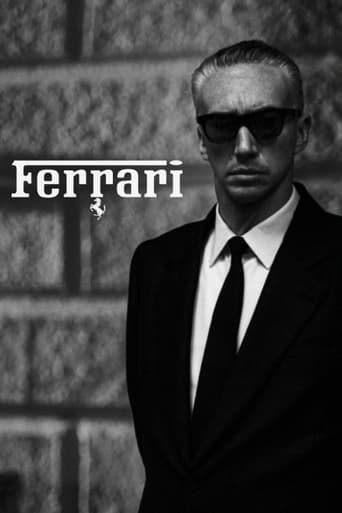
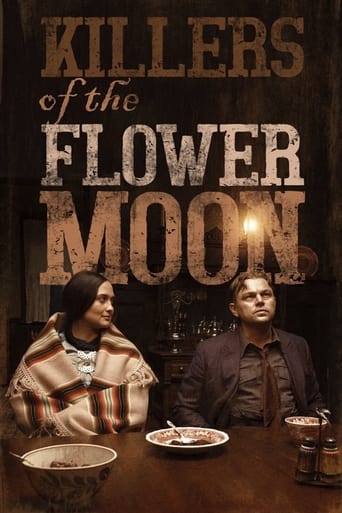
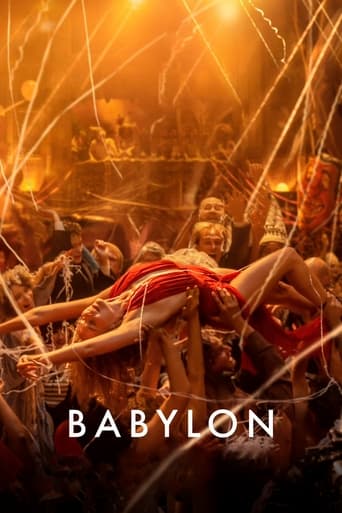
Westwind
Set in the Summer of 1988 and based on real events, the film tells the story of East-German twins Isabel and Doreen, two aspiring oarswomen, whose lives are changed dramatically during a training camp at Lake Balaton in Hungary. There, the girls make the acquaintance of West-German friends Arne and Nico. The holiday flirt soon turns serious when Doreen and Arne fall in love. As the end of their stay approaches, Arne asks the inseparable sisters to flee to the West with him…